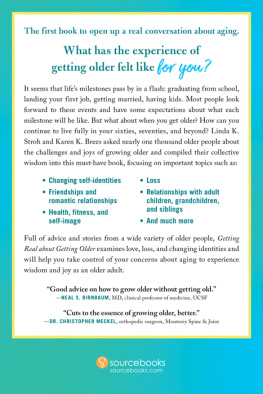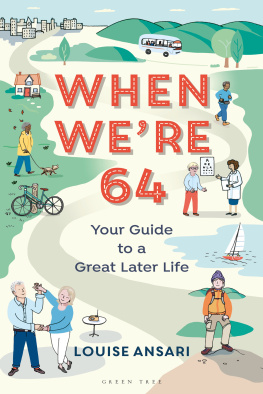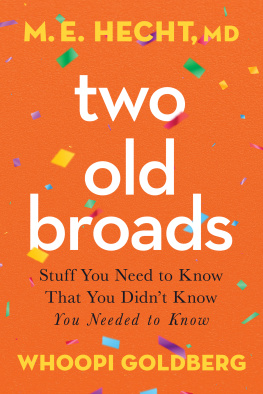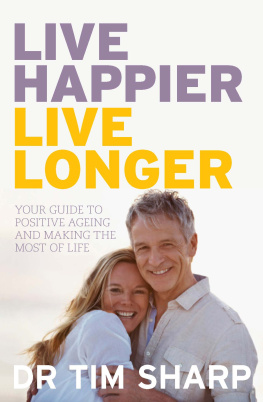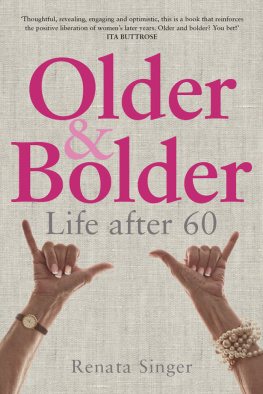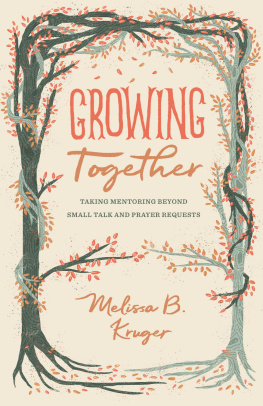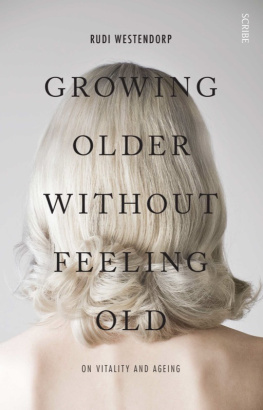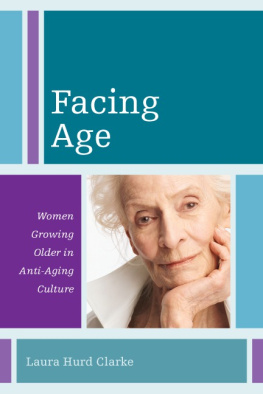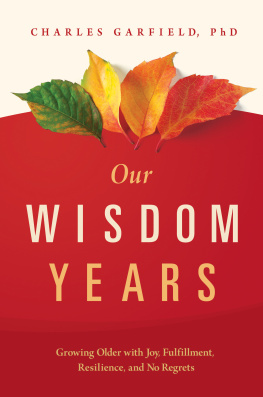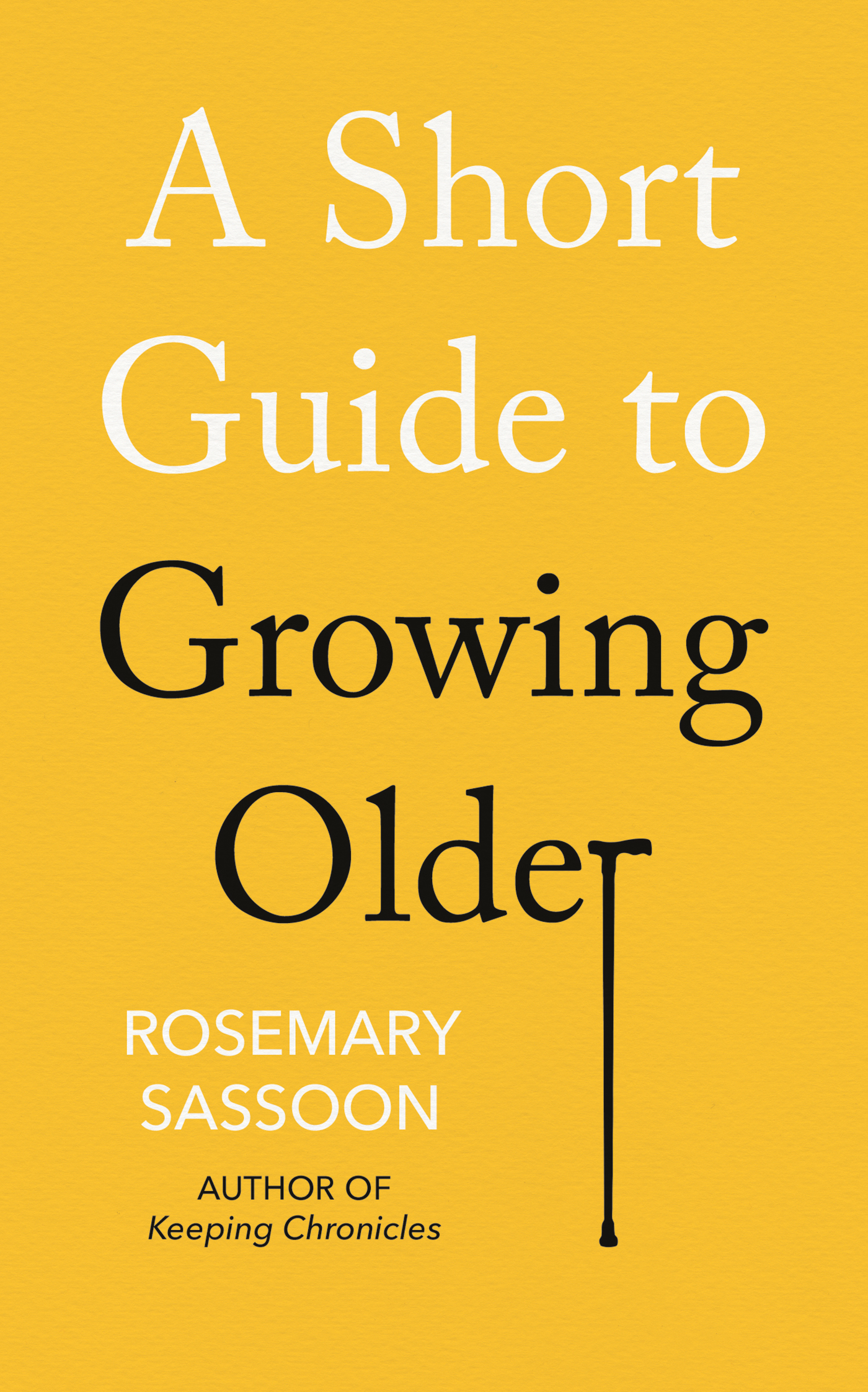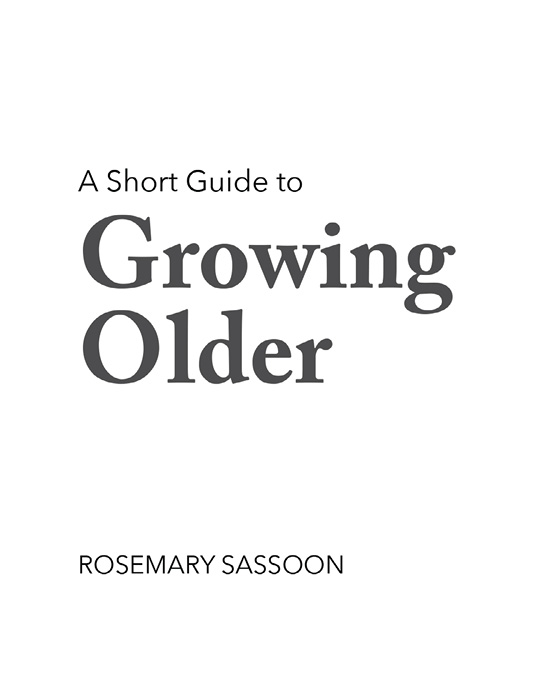First published in Great Britain in 2019 by
The Book Guild Ltd
9 Priory Business Park
Wistow Road, Kibworth
Leicestershire, LE8 0RX
Freephone: 0800 999 2982
www.bookguild.co.uk
Email: info@bookguild.co.uk
Twitter: @bookguild
Copyright 2019 Rosemary Sassoon
The right of Trevor A K Bell to be identified as the author of this work has been asserted by him in accordance with the Copyright, Design and Patents Act 1988.
All rights reserved. No part of this publication may be reproduced, transmitted, or stored in a retrieval system, in any form or by any means, without permission in writing from the publisher, nor be otherwise circulated in any form of binding or cover other than that in which it is published and without a similar condition being imposed on the subsequent purchaser.
This work is entirely fictitious and bears no resemblance to any persons
living or dead.
ISBN 9781913208707
British Library Cataloguing in Publication Data.
A catalogue record for this book is available from the British Library.
Contents
An introduction
Is it part of human nature that we do not consider what increasing age involves or are we too involved in living in the moment at whatever age we may be? Anyhow, few of us seem to visualise what it might be like growing older, or what we might do to prepare ourselves for the time when we may become less physically active, or have fewer interests to occupy us. We might make sure that our finances are in order and sufficient to support us and enable us to travel or do what we think we might want to do in retirement. We may downsize our homes after our children have gone out into the world, and wives may find pleasant ways of putting to use the extra time and energy that seems to be available then, but that is not exactly or only what I mean. Do many of us sit down before retirement and talk about what the change in our lives might mean? For that matter, do any of us realize what real old age might involve until it is upon us?
Some of us may have seen parents or grandparents deteriorate, or had to care for them as they became old or incapacitated. It is always hard to see someone who one cares for declining either physically or mentally. Perhaps it is even harder when they can still comprehend what is happening to them. By then it is rather late to do much and think in the way I am going to suggest. Let me explain when I first heard of what it was like not to have much to do or think about later on in life. I was running a lettering course for adult education some years ago. I was about fifty years old at the time. Some of the participants were young designers but quite a few were women in their sixties or older, just searching for an interest, to relieve their boredom or the unhappiness of a bereavement. A group of them came up to me one day and said You are so lucky to have something interesting and useful to do, can you think of something that we could do?
They did not react well to my suggestion of volunteering, and that is not an easy question to answer to people who may have lived a busy domestic life but end up with few interests or qualifications for them to pursue in later years. I certainly would not have particularly recommended calligraphy as a suitable and satisfying occupation for seventy-year-olds with less steady hands. However I have to be careful about being didactic about anything, we are all so different. Quite recently I heard of a remarkable lady in her mid-eighties who had just taken up this craft and was having considerable satisfaction and success with her efforts.
Living longer and planning for your future
We are all living longer and longer. Sixty used to be considered old once, then seventy, but now eighty is often thought of as not an excuse to consider ourselves old. Soon we may be thinking of ninety in the same way and it is high time we started to reconsider our concept of old age, and put more thought into planning ways of dealing with this. Dr Wendy Greengross recently wrote an article entitled Can We Grow Old Gracefully? She has quite a few points on the subject that I thoroughly agree with, such as recommending that you should be nice to other people, and muster the strength to apologise, set realistic goals and accept your increasing incompetence. Above all, I would applaud her suggestion that you should enjoy whatever you can, wherever you can, whenever you can. I am not so sure that I would go as far as to include her suggestion to keep yourself clean in this list, and I would include the desirability of maintaining good manners. An old friend reminded me of what she found the most important, keeping up your sense of humour, and I would wholeheartedly agree with that.
Much has been written about the need for a healthy diet to benefit the body and ensure that you keep as well as possible, staving off the possible effects of not eating well or appropriately. The need for exercise is stressed everywhere, to be equally beneficial, whenever you are able, along with the need to stimulate the body to keep as active as possible. Of course these issues are important and may affect you more and more as you grow older. There is plenty of advice on offer on these matters so I do not have to repeat it, other than to say it is something for each of us to tackle in our own ways, influenced by so many aspects, habits, and maybe constraints of our lives. I would only add that if anyone stops exercising for any reason or becomes even temporarily less mobile, your muscles quickly decline and lose strength. Then it takes a long time for them to recover.
Remember, however, that the well-known saying use it or lose it applies just as much to the mind and brain as it does to the body. There is something that is just as vital that is seldom mentioned. It is the importance of doing all we can to make sure that we keep our minds active. It is just as important that we should try to ensure that we have interests that will come into their own when we get older, even before we retire. Those are the times to wake up and stimulate our minds in some way that enriches ones life and prepares us for the future. Believe me, when I repeat that nobody really appreciates what it is like to be old until they get there. Let me not be too pessimistic, but there may be other things that might happen to disrupt your health and happiness and would also profit from such a way of thinking.
Some of the most who could benefit from this attitude are those good wives, who may have lived a busy home life until their children left home, but who had just neglected or had little time for outside interests. If only they had taken advantage of that surge of energy that you get when those children gain their independence and scatter. This moment in particular would have been a good time for them to plan for a new challenge, perhaps to aim for the dreams they had when younger, or to study and gain new qualifications. It might be just as important to consider the plight of high-flying executives who have just retired. One day everyone was hanging on their every word, and obeying their orders and the next day they are nobody no authority, no self-esteem. If only it were possible for them to stagger their retirement so they could gradually accustom themselves to their new situation. A rather empty future might face them unless they have done some serious planning. They may have their golf and other clubs to fall back on but is that enough? New and satisfying occupations can, however, fill and enrich anyones lives now that they have a bit more time at their disposal at a transitional time of life. This will prepare them for the new life that they will have in the coming years.


